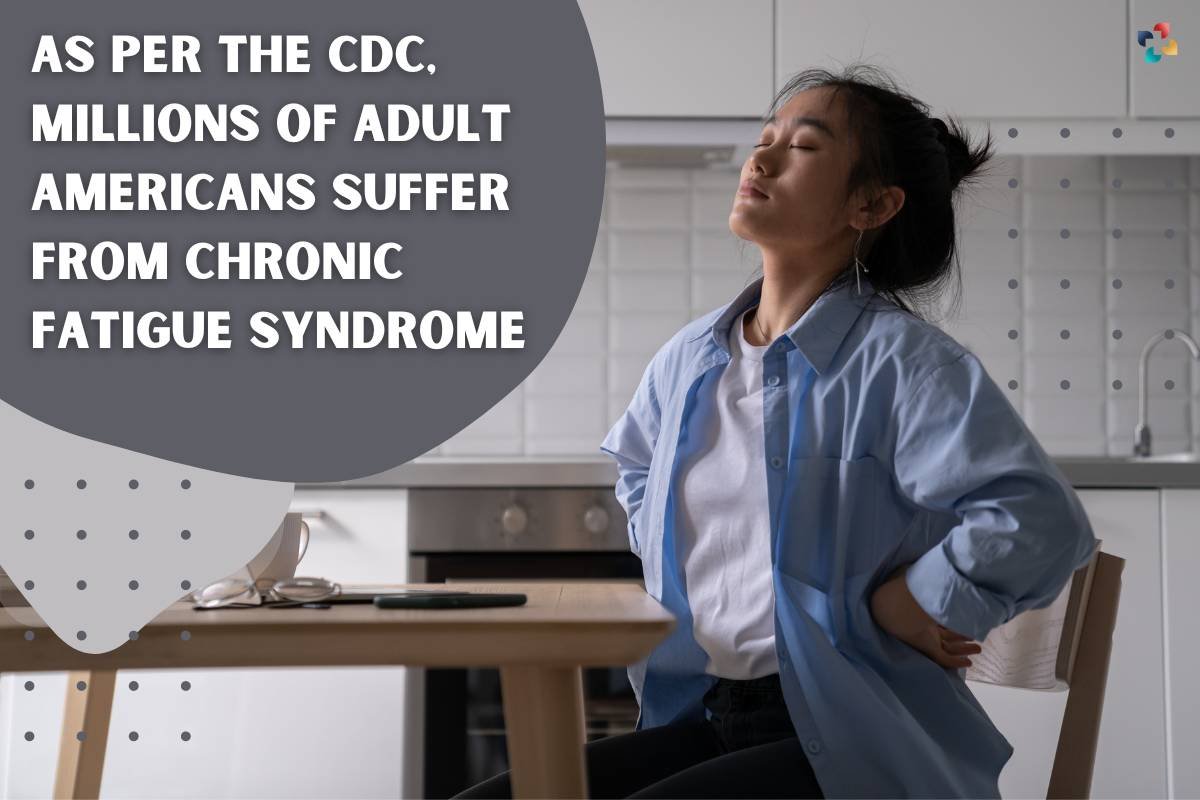The first nationally representative estimate of the number of adult Americans with chronic fatigue syndrome was announced by health officials on Friday, and it came out at 3.3 million.
The number of the Centres for Disease Control and Prevention is higher than that of earlier research, which may have been inflated by some of the patients who had prolonged COVID. A co-author of the report, Dr. Elizabeth Unger of the CDC, stated that the sickness “is not a rare illness.”
Severe weariness that does not improve with bed rest for at least six months is the hallmark of chronic fatigue. In addition, patients report experiencing discomfort, fogging of the brain, and other symptoms that worsen with exercise, work, or other activities. There’s no quick diagnosis with a blood test or scan, and there’s no cure.
Researchers speculate that the explanation may be the body’s protracted overreaction to an infection or other immune system shock, but doctors have not been able to identify a cause.
The illness gained notoriety about forty years ago after groups of cases were documented in Lyndonville, New York, and Incline Village, Nevada. Dismissing it as psychological, some physicians referred to it as “yuppie flu.”
Experts and patients argue that some doctors still think that way.
Doctors “called me a hypochondriac and said it was just anxiety and depression,” according to Hannah Powell, a 26-year-old Utah woman who spent five years without receiving a diagnosis.
57,000 American adults were surveyed in 2021 and 2022, which served as the basis for the current CDC report. The participants were questioned if they still had chronic fatigue syndrome or if a doctor or other medical practitioner had ever informed them that they had myalgic encephalomyelitis. 1.3% of respondents answered “yes” to both questions.
According to CDC experts, that equates to roughly 3.3 million adult Americans.
Among the other conclusions were the following: white individuals had a higher prevalence of the syndrome than did men or members of other racial or ethnic groups. These results are in line with smaller, earlier research.
The results, however, also went against long-held beliefs that chronic fatigue syndrome is a condition exclusive to wealthy white women.
There was almost no difference between White and Black persons, and there was less of a divide between males and women than some earlier research had indicated. Additionally, the survey discovered that a greater proportion of the impoverished than the wealthy reported having it.
These misunderstandings might arise from the fact that patients treated and diagnosed “traditionally tend to have a little more access to health care, and maybe are a little more believed when they say they’re fatigued and continue to be fatigued and can’t go to work,” according to Dr. Brayden Yellman, a specialist at the Bateman Horne Centre in Salt Lake City, Utah.
The report did not use medical records to confirm the patients’ diagnosis; instead, it relied on their recollections.
Dr. Daniel Clauw, head of the Chronic Pain and Fatigue Research Centre at the University of Michigan, stated that while this could cause some overcounting, experts think that only a small percentage of cases of chronic fatigue syndrome are identified.
Since no medications have been licenced for it, the diagnosis has never been clinically common in the United States. There are no recommended treatments for it,” Clauw stated.
According to CDC experts, the count probably includes some individuals who had lengthy COVID and were experiencing prolonged tiredness.
Chronic health issues that arise weeks, months, or years following an acute COVID-19 infection are sometimes referred to as long COVID. While not all individuals experience the same symptoms as those with chronic fatigue syndrome, some do.
Yellman stated, “We think it’s the same illness.” However, he added, COVID is now identified far more swiftly and is more universally accepted by medical professionals.
Powell, a patient of Yellman’s, was an athlete in high school who contracted an ailment while travelling to Belize prior to his senior year. The doctors diagnosed it as malaria, and she appeared to get better. However, she started to feel tired all the time, had problems falling asleep, and kept throwing up. She claimed that she struggled with her education and eventually had to give up playing sports.
Five years later, she was diagnosed with chronic exhaustion, and with frequent fluid and medicine infusions, she started to regain some stability. After earning her degree from the University of Utah, she is currently employed for a group that supports victims of domestic abuse.
She claimed that getting care is still difficult.
“When I go to the ER or to another doctor’s visit, instead of saying I have chronic fatigue syndrome, I usually say I have long COVID,” Powell stated. “And I am believed almost immediately.”







